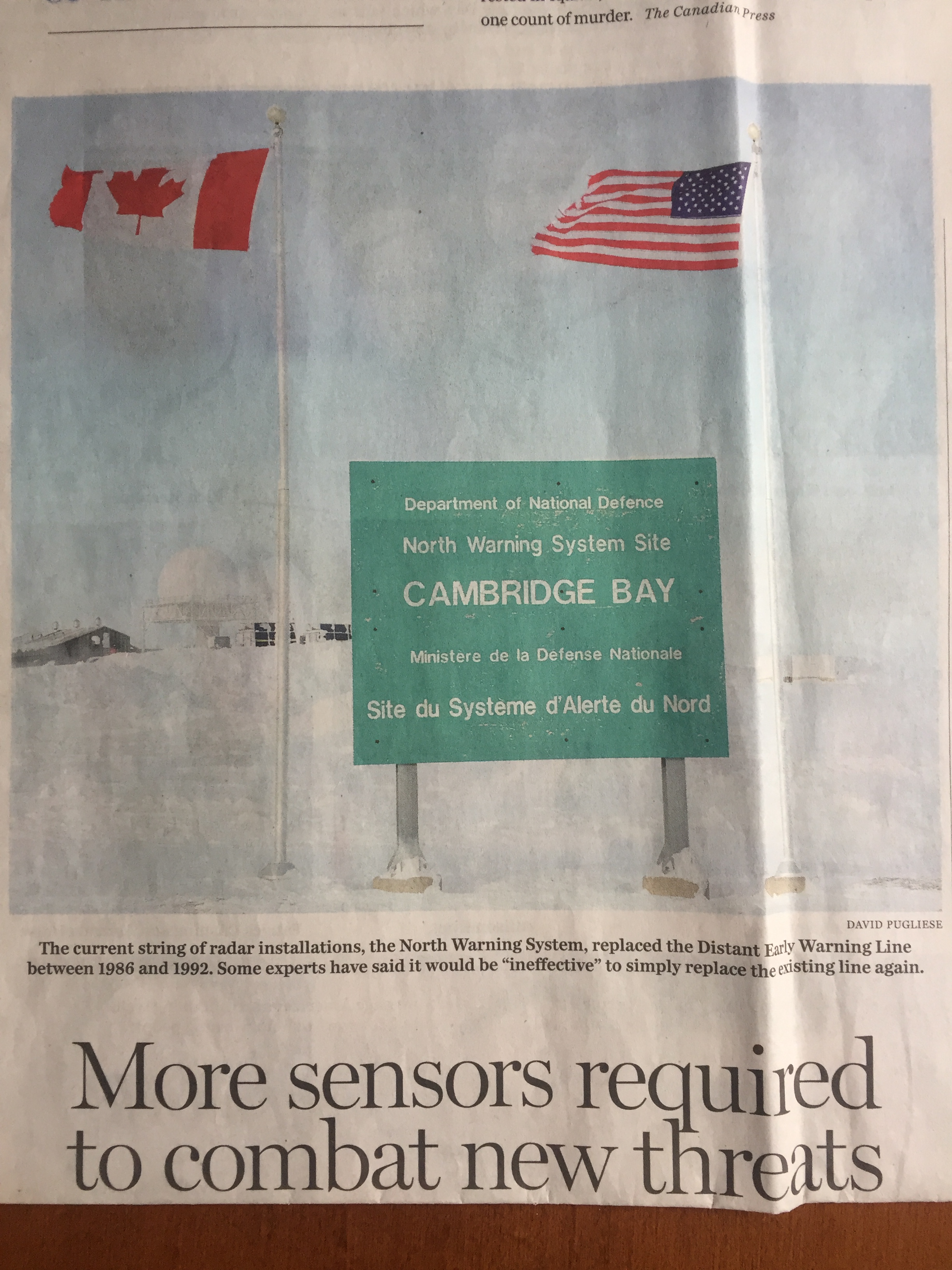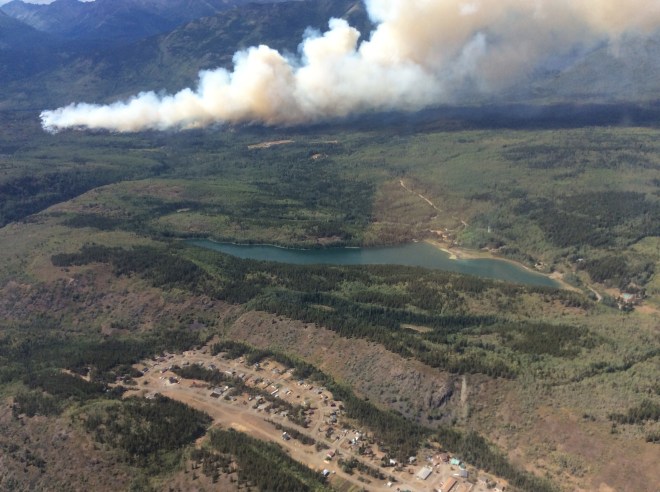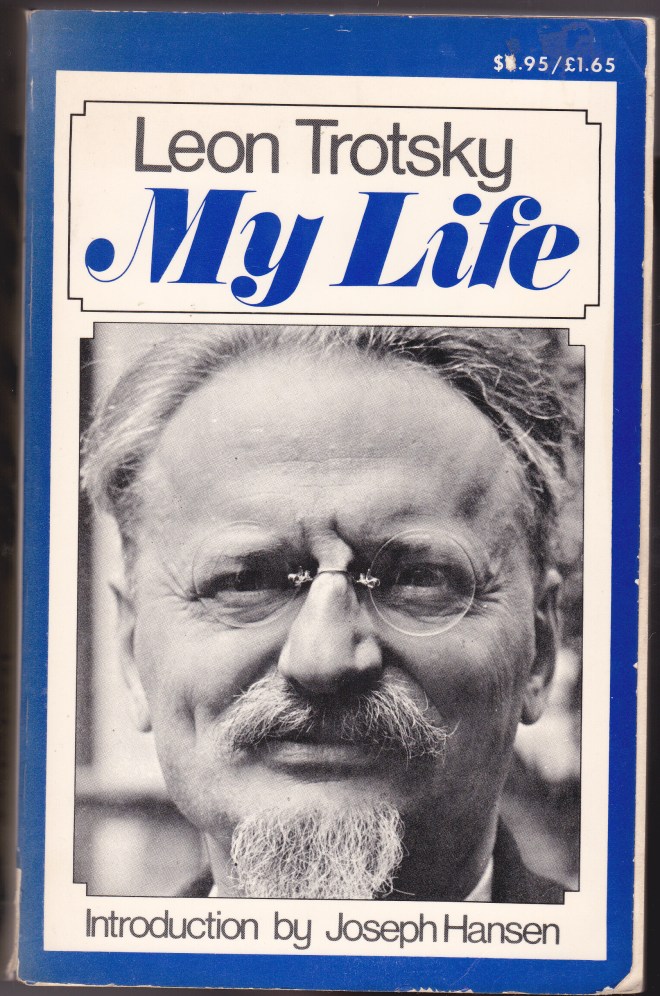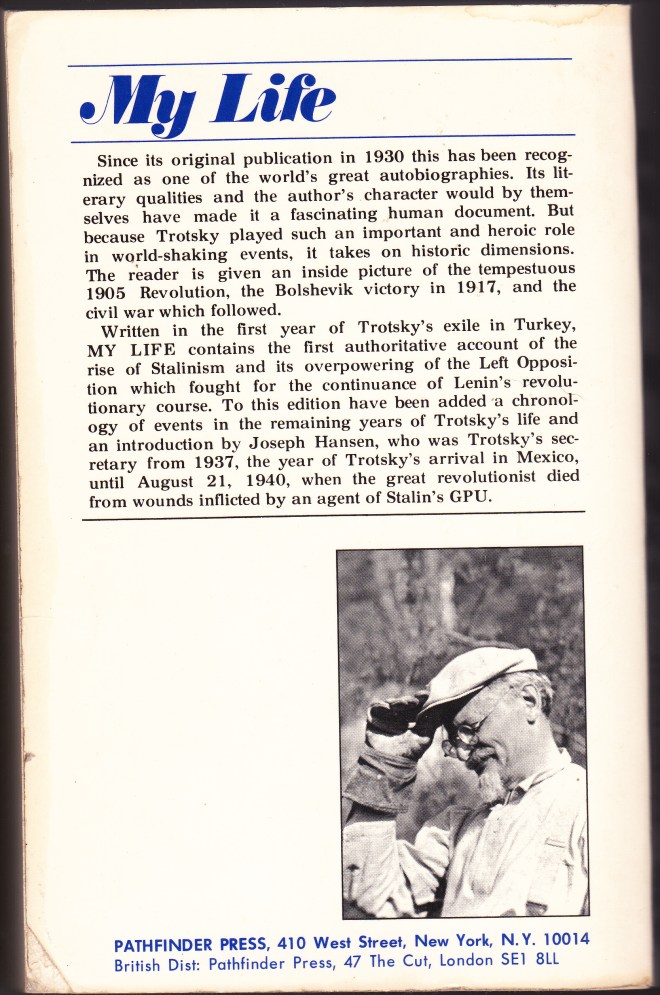Gearing up for global heating while our Sun and Earth cool

Two causes of today’s weather extremes are man-made: weather war, and its public face and false flag, geoengineering. We can stop these crimes against humanity. We can’t affect the third cause: the Sun cycle shifting from maximum to minimum must be borne; yet it is censored on the internet and absent from the mainstream.
Catastrophic fires of electromagnetic weather war (the global military’s best-kept secret) ignite terror of a burning planet. Geoengineers, spraying incendiary toxins world-wide, intensify the fires. Claiming to dim the sun to cool the planet, they further reduce the sun’s heat as its electromagnetic fires slow. These psychopathic crimes misdirect us from the “little ice age” we can’t avoid. To kill with “Shock and Awe”?
“Shock and Awe are actions that create fears, dangers, and destruction that are incomprehensible to the people at large, specific elements/sectors of the threat society, or the leadership. Nature in the form of tornadoes, hurricanes, earthquakes, floods, uncontrolled fires, famine and disease can engender Shock and Awe.” 2
Shock and Awe: Achieving Rapid Dominance, the military doctrine for the U.S. war on Iraq.
Weather war: Weaponizing the electromagnetic systems of Earth with ionospheric heaters using high-frequency radio and radar.
“The key to geophysical warfare is the identification of environmental instabilities to which the addition of a small amount of energy would release vastly greater amounts of energy.” 2

Dr. Rosalie Bertell details military experiments since World War II in Slowly Wrecking Our Planet. She describes America’s ionospheric heater, the central electromagnetic weapon in Alaska interconnecting their global and space EM weapons systems. H.A.A.R.P., High Frequency Active Auroral Research Program, creates Extremely Low Frequency (ELF) waves which are reflected back to Earth by the ionosphere, modifying this “highly complex life support system, in order to aid military objectives.” (120-122)
She explains how earthquakes areinitiated by ELF waves, and documents massive genocide by earthquakes around the world caused by American and Russian ionospheric heaters. (130-136)
She describes electromagnetic lightning: “The ELF antenna loop used the ionosphere as the outer shell of a spherical capacitor (storing more electrical potential than the surrounding Earth) with the inner conductor composed of Earth’s surface. This circuit duplicates the process that occurs during thunder and lighting storms.” (134)
She points to effects on people: “The 10-Hertz ELF wave can easily pass through people, and there is concern that since it corresponds to brain wave frequency it can disrupt human thought.” (131)
Rosalie online: Military experiments in the atmosphere; Chemtrails.
Dr. Michel Chossudovsky, Professor Emeritus of Economics at the University Ottawa, recognizes Dr. Bertell’s cutting-edge work. He provides history and photos of H.A.A.R.P: Owning the Weather”. He details evidence of weather war on ‘rogue states’ in the 1990s: cycles of extreme drought and flood in North Korea, Cuba, Afghanistan and Iraq, causing famine, killing millions, destroying economies.
January 7, 2023: Dr. Chossudovsky wrote:
“You cannot win a war against Russia when the second largest military power member state of the North Atlantic Treaty Organization is “sleeping with the enemy”
I am referring to Turkey which is both a “NATO heavyweight” as well as a firm ally of the Russian Federation.”
March 6, 2023: Dr. Chossudovsky analyzes the three devastating earthquakes in Turkey and Syria. “The damage and loss of life is beyond description.” He details the 700-year history of quakes in the region, and calls for an investigation under the 1977 ENMOD convention against environmental modification for hostile purposes. He includes video by the head of the Turkish Space Agency, Serdar Hussein Yildirim, describing a new weapon capable of causing earthquakes, deployed from space.
Canada’s North Warning System is an essential part of U.S. EM weapons systems. We provide sites and maintenance for their high-frequency radio and radar installations. In 2018 Canada committed to pay untold billions for ‘over-the-horizon’ radar for the US Space Force.

NEWS ALERT: October 9, 2018
U.S. electromagnetic weapons expanding in Canada

Environment and Climate Change Canada is replacing the horizontal radar at its weather stations with dual polarization (“Double polarization and improvement of product quality”) adding vertical Doppler radar to the horizontal. Claiming to better forecast and protect us from climate change, dual polarization multiplies the radio-frequency health impact on 95% of the most populous regions of the country.
By these means, with the collusion of governments, global militaries destabilize planet systems, kill millions of people and fellow-creatures, devastate life-support ecosystems with fire, flood, drought, earthquake; devastate people with famine and terror: all the horsemen of the Apocalypse.
Catastrophic forest fires in British Columbia, California, Australia, Russia, Portugal and elsewhere around the world exhibit the same unusual erratic fire behaviour. Intensified by incendiary chemtrail metals and chemicals, these deadly, traumatizing fires are indicators of weather ‘war’—government-sponsored genocide—’waged’ for various motives.
In Portugal, citizen activists Groupo Why Fire? identified intense, erratic fires that destroyed thousands of acres, the local hospital and residential housing, as weather war. They organized events and public support. After the fires, mining corporations applied to extract the rich lithium deposits in the burned lands.

Evil Fire by Annie, Groupo Why Fire?
In British Columbia, Canada, fires devastated the homelands of Indigenous Nations around the province. Hunting, fishing, wild foods and medicines were limited, people were displaced, distressed; businesses suffered losses. Millions to rebuild communities meant ‘debt bombs’ for future generations: “disaster capitalism”.

In 2017/18 more BC forestlands burned than in the past 25 years combined: 2.57 million hectares. In 2018, 1,528 lightning strikes caused an unprecedented 2,068 extreme wildfires. In northwest BC 118,318 hectares of Tahltan Nation homelands burned. Campers near Alkali Lake saw infrared emissions in 2017; the following year others heard the extreme lightning blast at the fire point.

Other provinces and Indigenous Nations suffered likewise. These disasters limit their energy for asserting Aboriginal Title and Rights, thereby easing corporate access to minerals, timber, land and water.
Solar Cycle 25
Solar cycle 25 is the current solar cycle, the 25th since 1755, when extensive recording of solar sunspot activity began. It began in December 2019 with a minimum smoothed sunspot number of 1.8.[2] It is expected to continue until about 2030.[3][4] Wikipedia
This sun cycle moving from solar maximum to minimum is expected to bring the lowest minimum in 400 years, causing extremes of weather as the sun cools, such as we see around the world today.
From 1645 to 1715, freezing temperatures in the Northern Hemisphere caused fuel shortages and crop failures, killing millions of people with cold and starvation.
Solar physicists and scientists in every field predict another “little ice age” possibly by 2030.
Can it be that the United Nations doesn’t know about this?
The UN International Panel on Climate Change declared that carbon emissions by civilian economies are turning the planet into a hothouse. They don’t mention military impacts: the result of the US lobby at the Paris Accord (p4) claiming national security, financed by the Rockefeller Brothers Fund and corporate friends.
Gearing up for planet heating
A global emissions trading market was set up after the UN Framework Convention on Climate Change in Kyoto in 1997, which committed industrialized and developing countries to reduce CO2. The new asset class for carbon became a profit mechanism and white-collar crime, like the 2007-8 mortgage crisis that crashed the stock market. Despite a broad array of financial instruments, carbon trading failed to reduce CO2.
Solar, wind and geothermal energy companies boomed, nuclear revitalized. While voluntary initiatives multiplied, enforced compliance to the UN CO2 dictate emerged.
The United Nations Transforming Our World:
THE 2030 AGENDA FOR SUSTAINABLE DEVELOPMENT
DECLARATION Introduction: “We, the Heads of State and Government and High Representatives, meeting at the United Nations Headquarters in New York from 25-27 September 2015 as the Organization celebrates its seventieth anniversary, have decided today on new global Sustainable Development Goals.”
Focused on People, Planet, Prosperity, Peace, Partnership, their 17 Sustainable Development Goals (SDG) and 169 targets came into effect 1 January, 2016. At repetitive length, they propose to provide every human need, from eradicating poverty, empowering women, children and workers, stabilizing finance, cleaning the environment, to establishing peace. Reducing carbon dioxide to ease climate change, “one of the greatest challenges of our time”, will co-create that ideal world.
The New Agenda 21. “We acknowledge that the UNFCCC {UN Framework Convention on Climate Change, full name not given} is the primary international, intergovernmental forum for negotiating the global response to climate change.”
Responses include extensive regulation based on UN agreements, with detailed oversight “Regional, National and Global”. At least 192 reiterations interlace promises with the CO2 dictate: classical carrot-and stick brainwashing.
Questions arise. Why date their CO2 warming Agenda with the year of the expected ‘little ice age? Who are the “High Representatives”? The Imperial “We have decided…We are announcing” evokes parental authority, the “Organization”, mafias. Recently the UN has joined the global censorship apparatus, publishing a guide on fact-checking “conspiracy theories”.
Promises of an ideal world distract us from totalitarian enforcement of their CO2 dictate: controlling world development for corporate mega-profit. Weaponizing sustainable development with economic warfare and debt bombs for developing countries. Hijacked by the wealthy dominators and their military arm, the UN One World Government has become a dictatorship by fear through the IPCC.
Disarming climate warfare
But “only 62 of the IPCC’s 308 reviewers commented on this chapter at all”, according to Australian climate data analyst John McLean. “Repeating: only four UN scientists in the IPCC peer-review process explicitly endorsed the key chapter blaming mankind for warming the past 50 years, according to this recent analysis.”
Debunking UN IPCC Lies
Dr. Nils-Axel Moerner, Professor Emeritus of paleogeophysics and geodynamics at Stockholm University, sea level expertfor the 2000 UN IPCC, quit the panel, saying that the UN claims scientific consensus for political reasons. He describes how the UN enforces the ‘law of general consensus’ by not ‘allowing’ Nigeria to burn their large coal resource for their development, at the risk of the European Union’s withdrawal of support. China stepped in, ‘gave’ Africa $60 billion for ‘sustainable infrastructure’, Nigeria $5 billion to build a mega-dam. If Nigeria can’t pay for it in ten years, China ‘takes it back’, leaving Nigerians to pay China for electricity.
In this video interview with Alex Newman, Dr. Moerner explains that global surface temperature is governed by interrelated 60-year cycles: the speed of Earth’s rotation—faster at solar minimum, slower at maximum; variations of global sea levels; and the orbits of Jupiter and Saturn around the sun. He discusses the pro-nuclear origin of the UN CO2 dictate, IPCC censorship, and the failures of imperialism. “A new solar-driven cooling period is not far off.” His booklet, The Greatest Lie Ever Told, details the “The Great Sea Level Humbug—there is no alarming sea level rise”.
Global Warming Science provides comprehensive studies on The Sixty-Year Climate Cycle, which also governs atmospheric circulation, ocean currents, fish stocks and more. From 1970 to 2000 we experienced the solar maximum of the 60-year cycle from the 1940-1970 minimum, raising fears of global warming. But the increase is not greater or faster than the previous maximum.
Dr. Ole Waever, Professor of International Relations at the University of Copenhagen, points to the military implications of the United Nations enforcing their own declaration of the ‘law of general consensus’ on dissenting States.
The Coming Ice Age
Piers Corbyn, British astrophysicist:
“We point out that the world is now cooling not warming and there is no observational evidence in the thousands and millions of years of data that changes in CO2 have any observable effect on weather or climate in the real world.”
“The fact is the sun rules the sea temperature, and the sea temperature rules the climate…What we have happening now is the start of the mini ice age…it began around 2013. It’s a slow start, and now the rate of moving into the mini ice age is accelerating.”
Professor Valentina Zharkova – Northumbria University Department: Mathematics, Physics and Electrical Engineering, PhD in Astrophysics ‘Radiative transfer of solar prominences’ at Main Astronomical Observatory, Kiev, Ukraine, viva in 1984. Professor Zharkova’s recent paper ‘Oscillations of the Baseline of Solar Magnetic Field and Solar Irradiance on a Millennial Timescale’ has been accepted for publishing in Nature. She confirms a Grand Solar Minimum (GSM) from 2020 to 2055, as all four magnetic fields of the sun go out of phase, while also suggesting centuries of natural warming post-Minima.
Zharkova’s team’s expanded ‘double dynamo’ calculations match-up almost perfectly with the timelines of past Grand Minimas: the Maunder Minimum (1645–1715), Wolf minimum (1300–1350), Oort minimum (1000–1050), Homer minimum (800–900 BC); as well as with the past Grand Maximas: the Medieval Warm Period (900–1200), the Roman Warm Period (400–150 BC), and so on…
The C02 Coalition provides a full spectrum of facts about this ‘natural’ gas. “First and foremost, CO2 is plant food.” The fifteen scientists who comprise the Board of Directors state:
“The Coalition seeks to engage in an informed and dispassionate discussion of climate change, humans’ role in the climate system, the limitations of climate models, and the consequences of mandated reductions in CO2 emissions.”
NASA shows a map of temperatures in N hemisphere with detailed narrative of the Maunder Minimum 400 years ago. They provide a beautiful video explaining how they track the solar cycles.
However, the co-chair of the Solar Cycle Prediction Panel, comprised of NASA and NOAA, declares that “greenhouse gases far surpass the sun’s effects when it comes to changes in Earth’s climate”.
Marc Morano atClimate Depot writes:
“Not all solar scientists agree with such predictions. Although NOAA (the U.S. National Oceanic and Atmospheric Administration) has recognized that sunspot numbers are falling and may approach zero in the 2030s, the international Solar Cycle 25 Prediction Panel forecasts that the sunspot number will remain the same in the coming 11-year cycle (Cycle 25) as it was in the cycle just completed (Cycle 24). Declaring that the recent decline in sunspot number is at an end, panel co-chair and solar physicist Lisa Upton says: “There is no indication we are approaching a Maunder-type minimum in solar activity.”
From his years on the U.S. Senate Environment and Public Works Committee Moranoquotes:
Dr. Philip Lloyd, South African Nuclear Physicist and Chemical Engineer, a UN IPCC co-coordinating lead author who has authored over 150 refereed publications:
“The quantity of CO2 we produce is insignificant in terms of the natural circulation between air, water and soil…I am doing a detailed assessment of the UN IPCC reports and the Summaries for Policy Makers, identifying the way in which the Summaries have distorted the science…I have found examples of a Summary saying precisely the opposite of what the scientists said.”
He describes “a very small sample” of whistleblower scientists (19) from every discipline who quit the UN IPCC Panel, exposing the politics and censorship of the process.
Dr. Arun D. Ahluwalia, geologist at Punjab University, board member of the UN-supported International Year of the Planet:
“The IPCC has actually become a closed circuit; it doesn’t listen to others. It doesn’t have open minds…I am really amazed that the Nobel Peace Prize has been given on scientifically incorrect conclusions by people who are not geologists.”
Dr. Madhav Khandekar, retired Environment Canada scientist, lashed out at those who
“…seem to naively believe that the climate change science espoused in the Intergovernmental Panel on Climate Change (IPCC) documents represents ‘scientific consensus.’ …Nothing could be further from the truth!… “Unfortunately, the IPCC climate change documents do not provide an objective assessment of the earth’s temperature trends and associated climate change.”
Steve McIntyre of Climate Audit, one of the individuals responsible for debunking the infamous “Hockey Stick” temperature graph, slammed the IPCC Summary for Policymaker’s process.
“So the purpose of the three-month delay between the publication of the (IPCC) Summary for Policy-Makers and the release of the actual WG1 (Working Group 1) is to enable them to make any ‘necessary’ adjustments to the technical report to match the policy summary. Unbelievable…Words fail me.”
Andrei Kapitsa, renowned Russian geographer and Antarctic researcher:
“The Kyoto theorists have put the cart before the horse. It is global warming that triggers higher levels of carbon dioxide in the atmosphere, not the other way round…A large number of critical documents submitted at the 1995 U.N. conference in Madrid vanished without a trace. As a result, the discussion was one-sided and heavily biased, and the U.N. declared global warming to be a scientific fact.”
Vladimir Radyuhin, blogger,quotes seven Russian scientists in every field, and in the Russian Academy of Sciences on the CO2 lie.
He also quotes Andrei Kapitsa, on ice cores recovered from the depth of 3.5 kilometres in Antarctica. Analysis of ancient ice and air bubbles trapped inside revealed the composition of the atmosphere and air temperature going back as far as 400,000 years.
“We found that the level of CO2 had fluctuated greatly over the period but at any given time increases in air temperature preceded higher concentrations of CO2.
Vladimir Bashkirtsev and G.P. Mashnich, solar physicists, Institute of Solar-Terrestrial Physics: Long-term solar activity and prediction of Earth’s climate for century 21. They provide graphs and analysis.
“Numerous studies show that the Earth’s climate changes are to a great extent in phase with long-term solar activity variations, …i.e. Earth’s climate is mainly determined and controlled by the sun.”
The Russian Academy of Sciences advised President Putin to reject the Kyoto Accord as having “no scientific foundation. He ignored the advice and sent the Kyoto pact to Parliament for political reasons. Moscow traded its approval of the Kyoto Protocol for the European Union’s support for Russia’s bid to join the World Trade Organisation. Russian endorsement was critical, as without it the Kyoto Protocol would have fallen through due to a shortage of signatories. (paragraph 8)
Sergei Golubchikov, Russian ecologist, points out:
“The European Union pushed through the Kyoto Protocol in order to reduce the competitive edge in the U.S. and other countries where ecological standards are less stringent than in Europe”.
Freeman Dyson, Independent scientist, provides elder wisdom at age 91:
“To me, the really urgent risks are still war and peace and that’s far more serious to me than anything that can happen as a result of climate change.”
Manlio Dinucci describes climate change hypocrisy and escalating global terror of nuclear war.
October 2021: “At the beginning of October, Italy hosted the preparatory meeting of the UN Conference on Climate Change, currently taking place in Glasgow. Two weeks later Italy hosted another international event that, unlike the first widely advertised, was passed over in silence by the government: the NATO exercise of nuclear warfare Steadfast Noon in the skies over northern and central Italy. For seven days, under US command, the air forces of 14 NATO countries participated, with dual-capacity nuclear and conventional fighter-bombers deployed at the bases of Aviano and Ghedi.”
Exercises escalated to reality with today’s US/NATO proxy war against Russia, devastating Ukraine, threatening nuclear war. Their provocation of conflict with China also brings catastrophic expectations to new life.
Jeremy Kuzmarov reports: Grandson of Charles de Gaulle, an Old CIA Nemesis, Condemns West’s Policy in Ukraine; Says the U.S. and NATO triggered the conflict and are making Europeans suffer.
Global militaries escalate their consumption of our common resources for globalized, space-based ‘permanent war’ to maintain totalitarian control. To expedite government-enabled high-tech slavery and genocide of world populations. To terrorize and distract us from the cooling of our planet.
Censoring our Sun
Popular websites discussing the solar minimum are scrubbed from the internet, generating the creation of many alternative servers and news providers.
Cap Allon, authorof electroverse.co, reports on the influence of Jupiter and Saturn on the solar cycle and ice ages: “DOCUMENTING EARTH CHANGES DURING THE NEXT GRAND SOLAR MINIMUM”. He provides updates as cold weather escalates around the globe.
Robert Felix, author of Not by Fire but by Ice,describes the solar retrograde cycle influenced by the alignment of Jupiter and Saturn.
“On earth, the solar retrograde cycle triggers fluctuations in geomagnetic-field intensity while causing abrupt – and extreme – changes in climate. The changes are so severe that at every other beat of the cycle – approximately every 360 years – the earth plunges into a Little Ice Age.”
Christian Westbrook, Ice Age Farmer, details increasing totalitarian control over the global food supply. In his podcast Stalin would be proud he quotes the dictator’s restructuring of agriculture from private farms to huge collectives, the pattern followed today toward massive corporate industrial farming. He works with others on growing food, and Building Food Security Through Community.
From revolution to dictatorship
In his autobiography My Life, Leon Trotsky describes the process of change from the successful worker revolution to Stalin’s dictatorship. In Lenin’s Death and the Shift of Power 3 we see the same human dynamics we work with today. After Lenin’s death Stalin had Trotsky assassinated to establish his dictatorship—the precursor of today’s governing Ukrainian Nazi party.


Holodomor
My Russia-German parents, as children, narrowly survived Stalin’s starvation of millions of Ukrainians in 1932-33, long-denied and now recognized as genocide: the Holodomor—“death inflicted by starvation”.
“In the case of the Holodomor, this was the first genocide that was methodically planned out and perpetrated by depriving the very people who were producers of food of their nourishment (for survival).”
Later, her father and family, like other Russia-German and peasant farmers, suffered when Stalin seized lands, tools, animals, and harvests—for export income—forcing self-sufficient farmers to labour in collectives. My mother’s job was to hoe three hectares a day, and in the evening care for her father, seven sisters, and the animals: the one cow, horse, pig, and 100 chickens they were allowed.
That primitive hands-on genocide pales against the same starvation plan today, now global, and the high-tech medicalized genocide of psychopath dominators.
The gains of the revolution after the world wars—the anti-nuke, peace, and human rights movements, empowerment of women, children and working people, care for environment—are crushed again in the shift of the human cycle to totalitarian greed and destruction—inter-generational impact of world-wide trauma through male dominance and thousands of years of war. In these end times we face our ultimate evolutionary and survival challenge.
From the planet burning up to ice age? In 7 to 20 years?
While social devastation, family and personal trauma, injuries and deaths by covid lockdown and bioweapon shots blind us with grief and terror, global dominators load every human on Earth, all wildlife and ecosystems, with endless toxins, 5G radio-frequency, and stress—the silent killer. Terrorize us with threats of nuclear holocaust and annihilation. Distract us, weaken us, for what lies ahead. To depopulate our world with repeated Shock and Awe.
Future Shock: the final weapon of mass destruction
Responding to unprecedented, high-tech criminal psychopathology—known throughout human history as evil—the universal and timeless human drive to resist oppression, to understand all things, shifts our energy for life into overdrive.
We take heart from the failures of imperialism in the past—the fallen Empires and totalitarian Regimes—and from the erosion of Empires today. Success of local communities defies centralized control.
While our Sun’s shift is censored, people everywhere work with unprecedented globalized energy to share awareness. To share healing. “The awakening of humanity cannot be stopped.”
“Our most precious resource is the human spirit”
Dr. Sister Rosalie Bertell Grey Nun of the Sacred Heart 1929-2012
Notes
1 Naomi Klein, The Shock Doctrine, Alfred A. Knopf Canada, 2007, Intro.
In Bud Edney, “Appendix A: Thoughts on Rapid Dominance,” in Harlan K. Ullman and James P. Wade, Shock and Awe: Achieving Rapid Dominance (“Washington, DC: NDU Press Book, 1996), 110.
2 Dr. Rosalie Bertell, Planet Earth: The Latest Weapon of War, Black Rose Books, 2001, 131.
In Harold Puthoff, ‘Everything or Nothing’, New Scientist, 28 July 1990; and Bill Sweetman, op cit, pp91-94. Bill Sweetman, Aurora: The Pentagon’s Secret Hypersonic Skyplane, Motor Books International, Oscela WI, 1993, pp152-169.
3 Leon Trotsky, My Life, Pathfinder Press Inc. 1970, Chapter XLI p502.
Published:
https://www.globalresearch.ca/gearing-global-heating-sun-earth-cool-weather/5829476